skip to main |
skip to sidebar









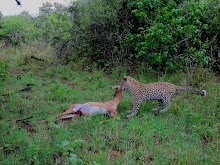













Heather Thamm Photography

Heather Thamm Photography





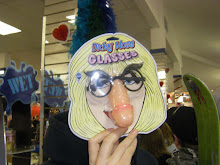
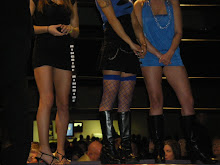
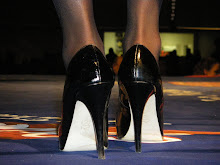
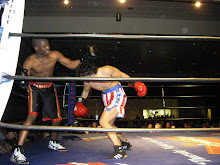
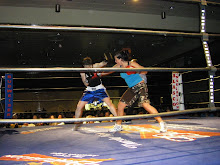
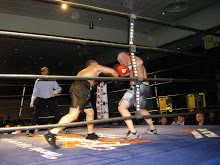
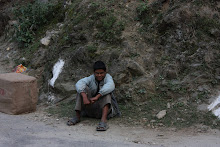
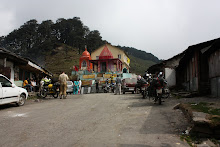
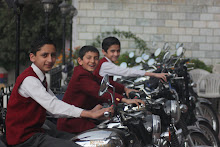

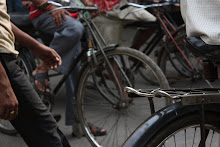
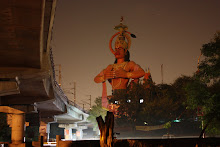
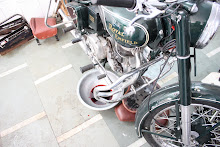
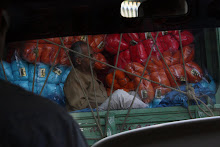
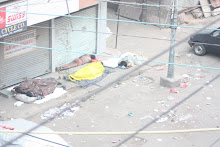

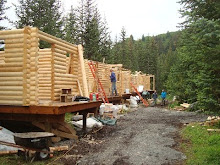


















machines must be at least 40 years old to race in this class






New, improved, banned in China
Total Pageviews
Hungry, hungry hippo

Mirror, mirror

Last sunrise at Eagle Island for a while

Kickass Termite Mound

Pass the salt

Lioness on branch

High Four

Effective camo

About to go get his snack

The fun stops when the game drops

The tree's worth at least a star

Day of the Triffids

Code Scmode

Henley's Hanger

Kevin Bacon Haters

First Glimpse

Tall guy, small heli

The upside

Non-white Christmas

Last week it was bananas

9erZulu full moon

Redecorating

Boo

Heather Thamm Photography
Girl+Sawzall=Sexy

Heather Thamm Photography
Redoubt sunset

Stacy going up

Nels going down

Phil can chill

Rimed Ridgetop tree

hi there

Hi Mom, this is ....

Prettiest part of the prettiest one

King Sting my ass

Cat fight!

Reach out and touch someone

bus stop

Jalori Pass

Start 'em young

Spare parts

Walk to work

God of the overpass

Rolling Oilfield

Talk about riding bitch

room with a view

Trench with a view

Almost ready for guests

Roll out the barrel

Better you than me

Beg your pardon

Bala, Snowdonia National Park, Wales

Can I buy a vowel?

Malin Head, furthest north, Ireland

Two birds with one stone

Some of the cool left in Ireland

Highland cow

Maybe they're bigger here

Hello Scotland

You see one wall ruins, you've seen 'em all

Where'd I park

You just put the whatchamacallit in ther

Look ma, no hands

Open container laws are different here

Move over, you're on my side

Classic sidecars

machines must be at least 40 years old to race in this class
Scott at the back of the line

Gusty's Custom Cycles

The bastards that said, "we're closed"

Stonehenge if you're <5'10"

What it looks like if you're not

Phil lounging and Skyping
